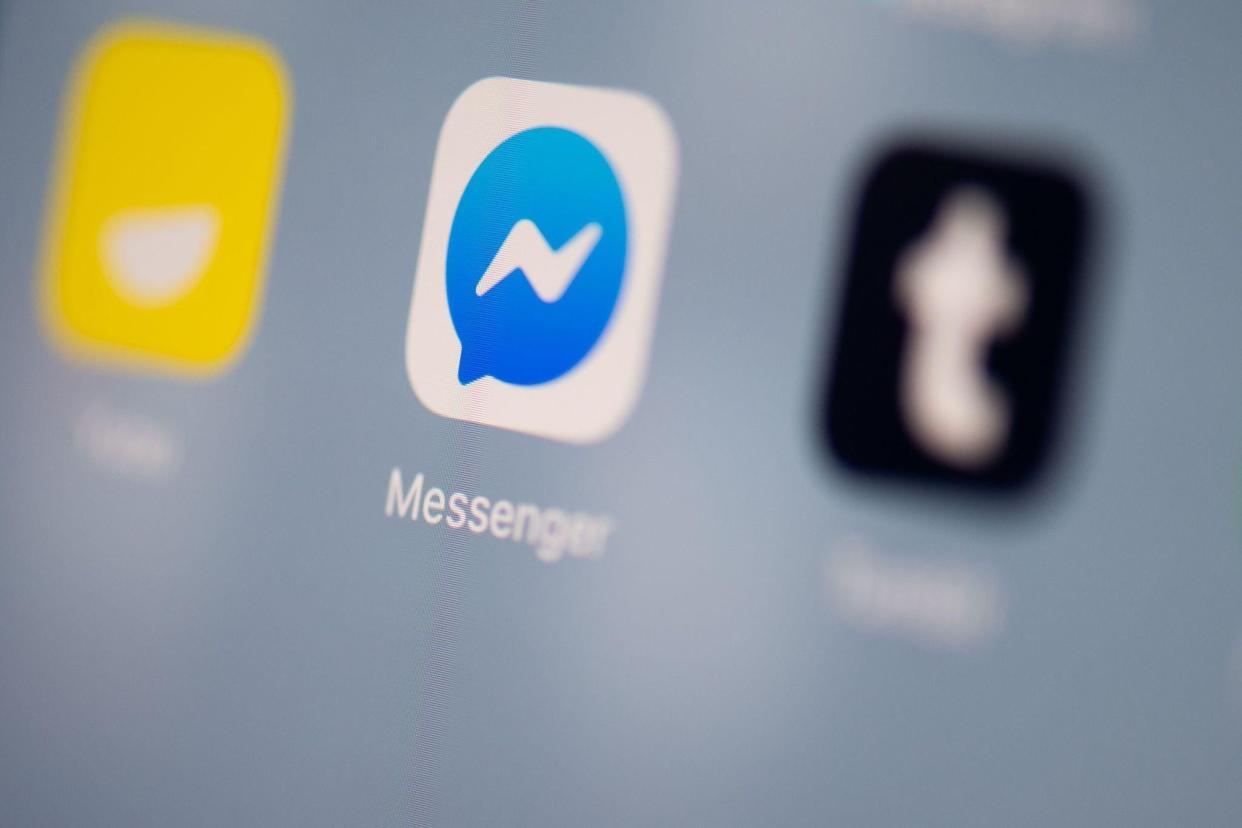Facebook Messenger: New app launched on Mac and Windows as users rush to group video chats

Facebook Messenger has finally launched a Mac and Windows app to allow people to chat on their computer.
Just like the version for iOS and Android, the updated app supports group video chats, allowing numerous people to speak at once.
As with other video chat platforms, Facebook said it has seen a drastic rise in the number of people using its platforms in recent weeks, as they keep up with each other through lockdowns.
Over the last month, there was more than a 100 per cent increase in the number of people using their desktop browser for audio and video calls, it said.
As with other versions of Messenger and Facebook more generally, the desktop app and its video call features are unlimited and free, though the company is able to collect information about people as they use it.
Facebook noted that the addition of the desktop app will allow for group video calls to be gathered together on a bigger screen, allowing for easier chats with multiple people. Developers suggested that people may choose to use the app to "join a workout, or host a virtual happy hour", as well as having more traditional conversations.
It also suggested that, unlike on the phone, it is possible to easily move in and out of the app or video calls while doing other things on the computer.
The desktop version of the app works the same as the mobile and web versions, meaning that messages, calls and contacts are synced across the different versions. It also includes the same features, such as dark mode.
Read more
Zoom secretly gave personal data to Facebook, lawsuit claims

 Yahoo News
Yahoo News 
